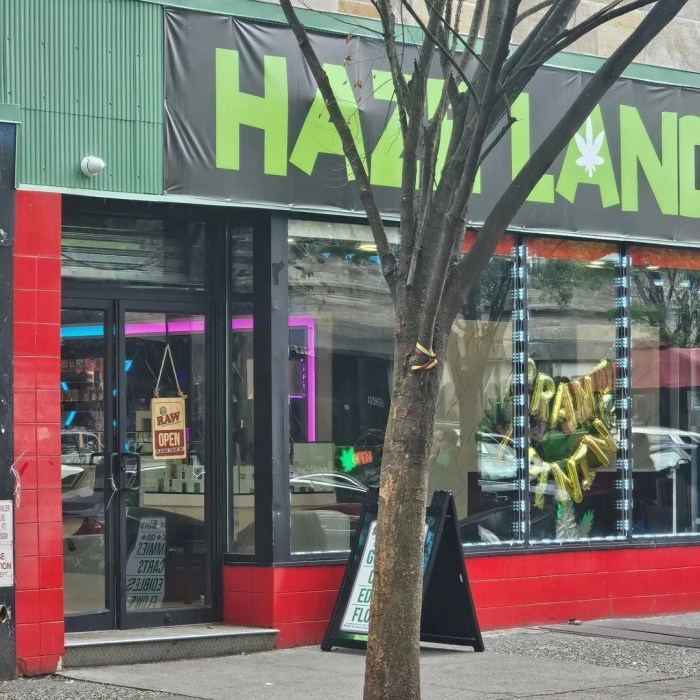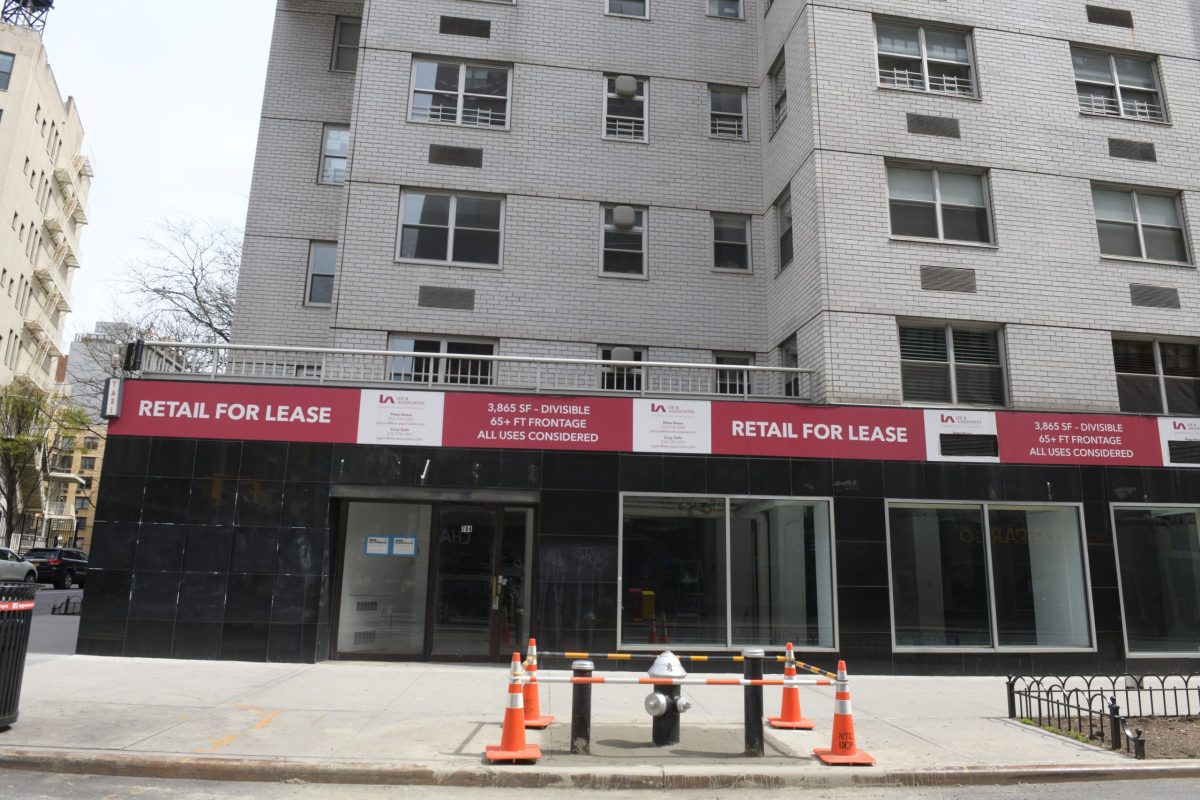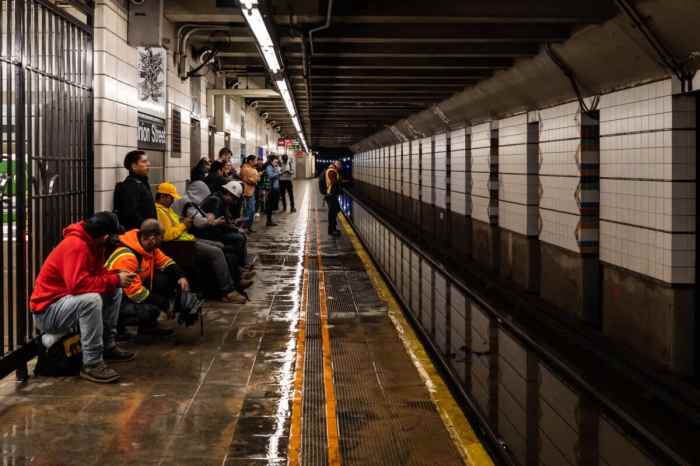By Bob Harris
After telling of all the accomplishments that took place this past year in Queens, Borough President Helen Marshall honored a number of residents and government workers who performed great achievements and improved the quality of life in the borough.
Marshall singled out a 91-year-old volunteer in her office. Arno Heller had immigrated to the United States from Germany just prior to World War II and served in the U.S. Army during the war in North Africa, Sicily and Normandy.
For his combat service, he had received the French Legion Medal of Honor, then recently learned that he was also entitled to the Bronze Star. When Marshall heard of this award, she decided to present him with her own declaration of honor at the State of the Borough address.
Two sanitation workers, Joseph Maneggio and Semi Knozi, were honored for saving a family from a fire in the Rockaways. They called 911, then caught the mother and her five children when they had to jump 30 feet from the roof of their burning house.
On hand was Mr. Met, who gave each fireman a baseball glove to honor their catch plus tickets for them and their families to a New York Mets game. City Sanitation Commissioner John Doherty presented them with medals.
Given plaques were Rescue 4 firefighter Ronald Daly, who pulled an unconscious elderly man and his dog out of a Woodside house which was on fire after prying off window bars.
Detectives Richard Johnson and Charles LoPresti were honored for capturing the suspect in four fire bombings, which took place in December, by following a hunch and conducted a long surveillance past their normal tour.
Marshall also paid homage to the volunteer community board members. Specifically mentioned were civic leader Patricia Dolan from CB 8 and Richard Italiano, district manager of CB 4, both of whom recently died.
Several borough cultural facilities were discussed. Attracting visitors every year are the New York Hall of Science in Flushing Meadows Corona Park, the Museum of the Moving Image, Flushing Town Hall, Queens Theater, the Queens Botanical Garden, the Queens Zoo, the Jamaica Performing Arts Center, the Louis Armstrong House and the Queens Museum of Art.
Various Queens historic sites are worth a visit. The Queens County Farm Museum in Glen Oaks is the oldest working farm in New York; preservation of the oldest synagogue in Queens, Congregation Tifereth Israel of Corona, is underway; the Poppenhusen Institute of College Point, where the first free kindergarten in the United States began in 1870, is interesting; Rufus King Manor Museum of Jamaica is in a pleasant park; the Latimer House in Flushing celebrates Lewis Latimer, who was the son of fugitive slaves and who worked with Thomas Edison to develop electricity; the Bowne House in Flushing; where in 1657 John Bowne wrote the Flushing Remonstrance, which proclaimed the right of religious freedom.
GOOD AND BAD NEWS OF THE WEEK: For some time now, people have been saying that President Barack Obama did not sign enough laws to turn the economy around. The argument is that his party had a majority in the U.S. House of Representatives and U.S. Senate during his first two years in office and he should have had laws he wanted passed.
But people do not realize that the laws he did get passed were because he persuaded a few opposition party members in the Senate to vote for them.
Most laws Obama wanted were not passed during his first two years in office because his party did not have 60 votes in the Senate. This body is designed to protect the rights of the minority by stopping unwanted laws because there is unlimited debate.
To stop a debate requires a quorum of 60 votes. This means a really large majority of the Senate must really want a bill to become a law for it to happen. It also means a small minority can prevent a distasteful bill from becoming law.
































